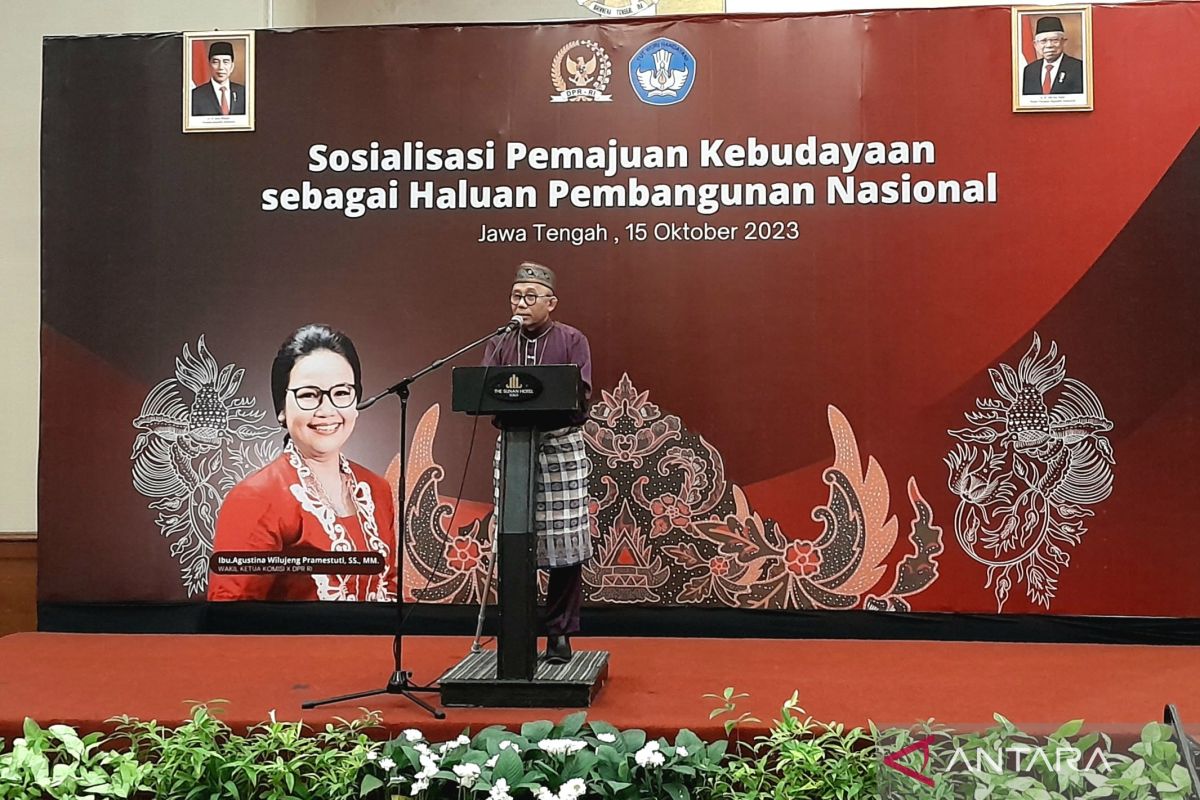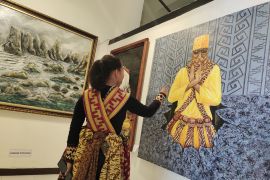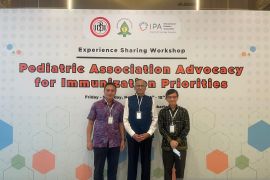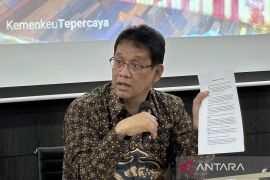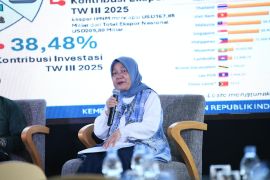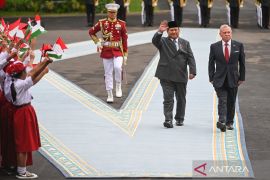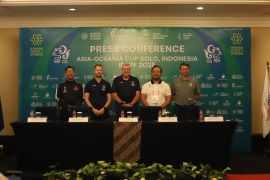"What we are currently working on is the cultural approach to live sustainably, meaning that if we take care of the earth, we also take care of culture," Arda said here on Sunday.
For instance, almost every part of the bamboo stalk can be used, such as for food and for making traditional musical instruments.
"If there were no bamboo, there would be no angklung, sasando, and so on," he said.
He explained, the ministry has set three new policies, first, the principle of mainstreaming, where cultural development must be based on local wisdom.
Second, the ministry seeks to involve the community in cultural advancement, meaning that the government is only a facilitator.
Arda said the aspirations of the community need to be listened to and they need to take part in the promotion of culture.
The third policy is building a cultural ecosystem that aims to revive the unique culture in each region, considering Indonesia's diverse environments, ranging from the seas to the lands.
"Culture can never be separated from the natural ecosystem. For example, (traditional) dance will not exist if the batik cloth (worn by dancers) does not exist, and the natural dye of batik is from nature, and music too, will not exist without (traditional musical instruments) gamelan and kolintang," he said.
He said Indonesia has Law No. 5 of 2017 concerning the Advancement of Culture.
The law is an implementation of Article 32 of the 1945 Constitution which reads "The state advances Indonesian national culture in the midst of global civilization by guaranteeing the people's freedom in preserving and developing the values of culture."
"We do not want the artifacts to define Indonesian culture, but instead, our culture produces these artifacts," he explained.
Related news: National Museum fire: At least 817 artifacts impacted
Related news: IAAI asks National Museum to collect data on fire-damaged artifacts
Translator: Lintang P, Kenzu
Editor: Rahmad Nasution
Copyright © ANTARA 2023
